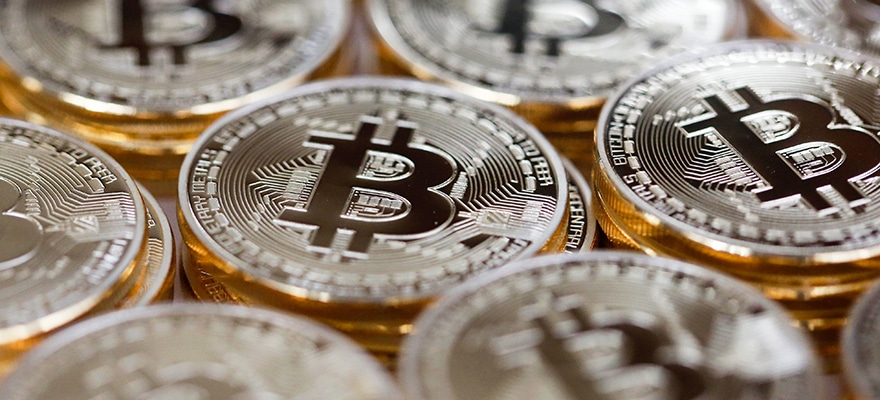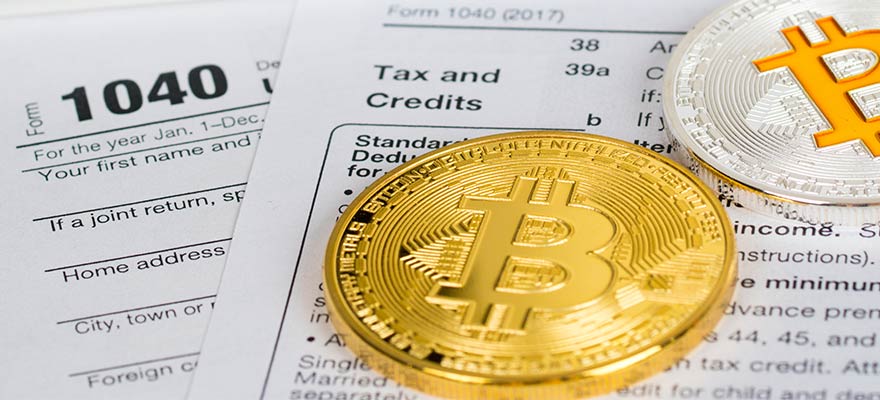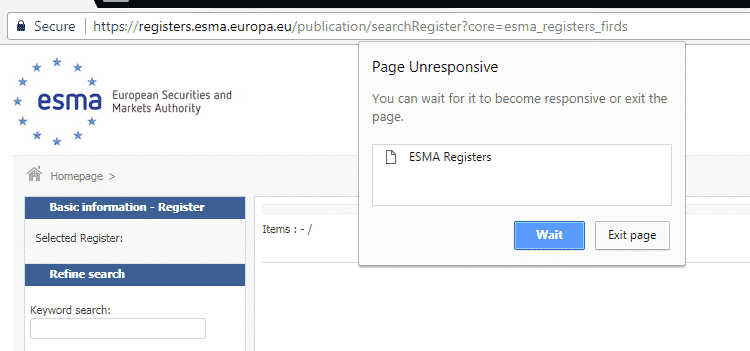The queues in banks have lessened, the digital transformation is progressing, few people are for banks becoming redundant, and few believe banks should rise and serve as the operating system. However, I vote - banks to be centralized! And to some degree, Blockchain could help banks to achieve that.
Why Do Banks Need to Be Centralized?
Unlike the olden days when data/information was maintained in ledgers and files, now data can be digital and stored on cloud servers. So, if the account information was fed in ABC city, why can’t it be accessed from XYZ city?
Thanks to globalization that customer is not in one place now. He might have been born in a town and then moved to x number of cities for reasons from studies to job to marriage! And he cannot raise a transfer request each time.
Yes, the services are available online and could be managed. But in a critical situation like demonetization in India where people were asked only to visit their respective home branch, then it gets tough!
Or what about the situation when people need to change their mailing address, and this can only be done from their home branch.
Centralizing banks could help us in the following ways:
- Maintaining single accounts
- More control over cash as no more distributed Liquidity to keep another account active
- Ease of scrutiny for tax authorities
- One account for all – be it salary account, pension account or savings account - makes life simpler.
Blockchain – a Decentralized System Could Help Bank Centralization
Blockchain could assist banks to achieve centralization using their permissioned network technology.
- Adopting Blockchain – setting up a distributed network with no centralized authority.
- Permissioned network – participants would only be the people who own a bank account or avail banking services making it a safe and compliant network.
- Information flow – a banking service in city ABC could still reach and connect to the overall network because of smooth data flow. No restrictions and no limits.
- High level of security and no issues of data theft – with the use of Blockchain-enabled technology, the need to store information with third parties is eliminated. Proof of identity is stored in a cryptographic format making it hard to be hacked or stolen, thereby increasing security levels.
- One shareable source database – usage of one database makes it more scalable.
- Seamless integration with IoT and AI – with the adoption of Blockchain, banks could be integrated seamlessly with IoT and AI making it easy for a person to pay grocery bills when his refrigerator alerts him that veggies are due for this week.
- One account For all – from NASDAQ trading to government benefits, one account for all would make life simpler.
Experts believe that Blockchain has disruptive powers that could transform any process from a simple documentation to a complex cross-country settlement to be automated with just few clicks.
Adoption of Blockchain by banks would not only help people who use bank services but also individuals who are unbanked and looking to figure out what a bank is. Just imagine a person in rural India getting his biometrics done and submitting his eKYC, opening his new bank account and taking a loan for his farming! All this is achieved within a couple of minutes and is a possibility with Blockchain.
This article was written by Samiksha Seth, a research consultant.


















